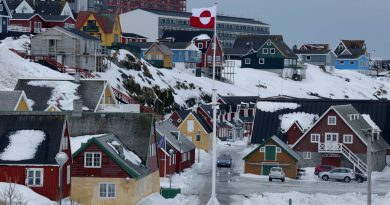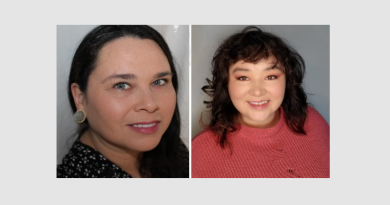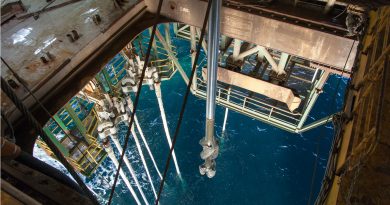Yukon MP defends Liberal budget
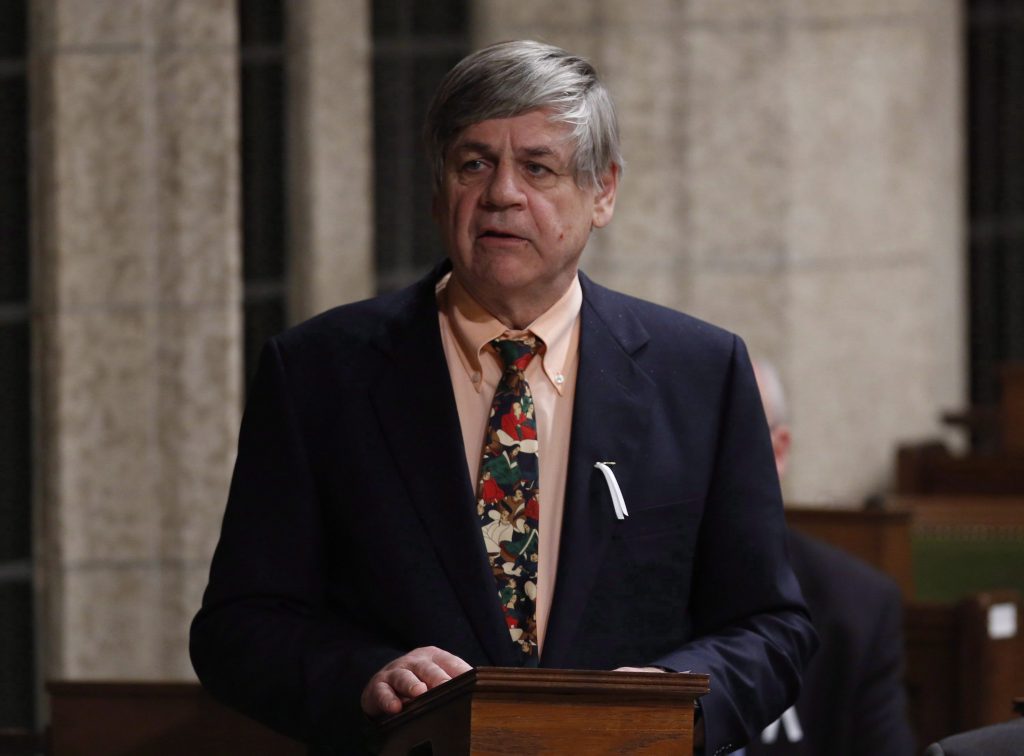
The new budget presented last week by Finance Minister Bill Morneau is another milestone in the development of Canada’s northern communities, says a Liberal MP from Yukon, dismissing criticism that the Liberal budget contained little for Canada’s vast but sparsely populated northern territories.
The 2017 budget built on the significant increases in spending on economic and social development in Canada’s three northern territories announced in the first budget unveiled by the government of Prime Minister Justin Trudeau last year, said Larry Bagnell.
“I was very happy with it again,” said Larry Bagnell. “Last year we got huge amounts of money, a huge increase for living in the Arctic and, of course, the child benefits: there is a lot of families in the Arctic that certainly need that huge increase for their children.”
More money for northern housing
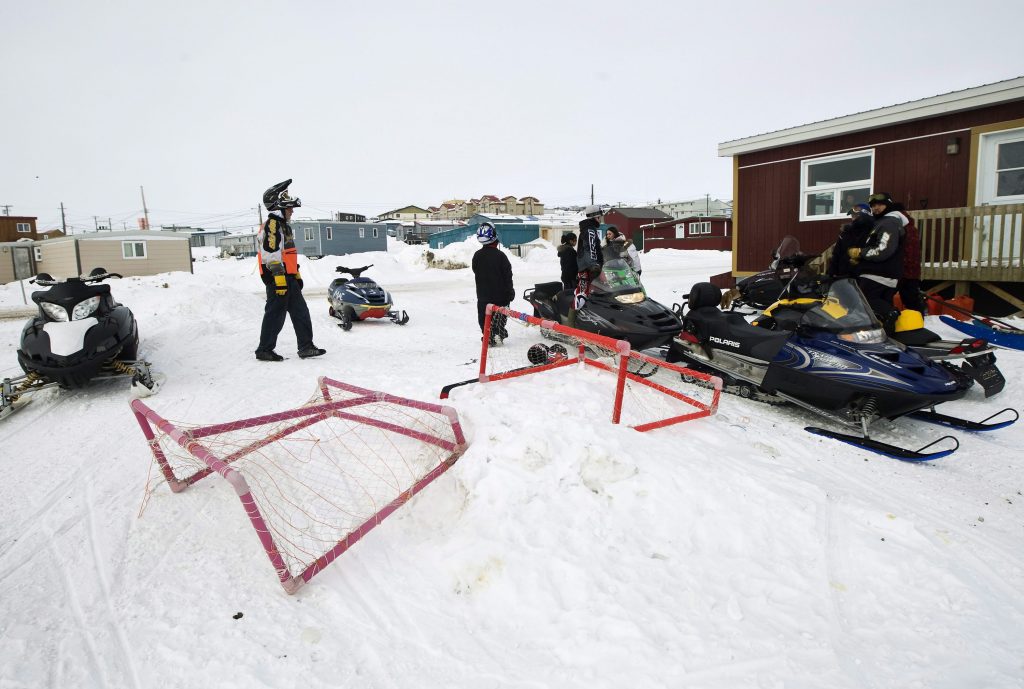
This year the government added more money for homelessness, he said.
The 2017 federal budget is promising Nunavut, Northwest Territories and Yukon $300 million for northern housing over the next 11 years, however, the actual disbursements are delayed until 2018-19.
Nunavut will receive the lion’s share of that funding: $240 million. The Northwest Territories and Yukon will get $36 and $24 million respectively.
“Housing is a very important issue in the Canadian Arctic,” Bagnell said. “We added $7 billion for childcare, we added more money for the homelessness initiative, it will be almost doubled in a few years, it was expiring. Those are all key areas of life in the North.”
Federal transfers to Yukon, NWT and Nunavut
Ottawa will transfer $972 million to Yukon in the 2017-18 fiscal year, an increase of $26 million from the previous year.
The Northwest Territories will get a transfer of $1.3 billion, which is $14.1 million more than previous year.
Nunavut will get $1.6 billion from Ottawa, an increase of $43.1 million compared to last year.
The government also allocated funds for special northern projects in addition to the federal transfers.
Energy programs
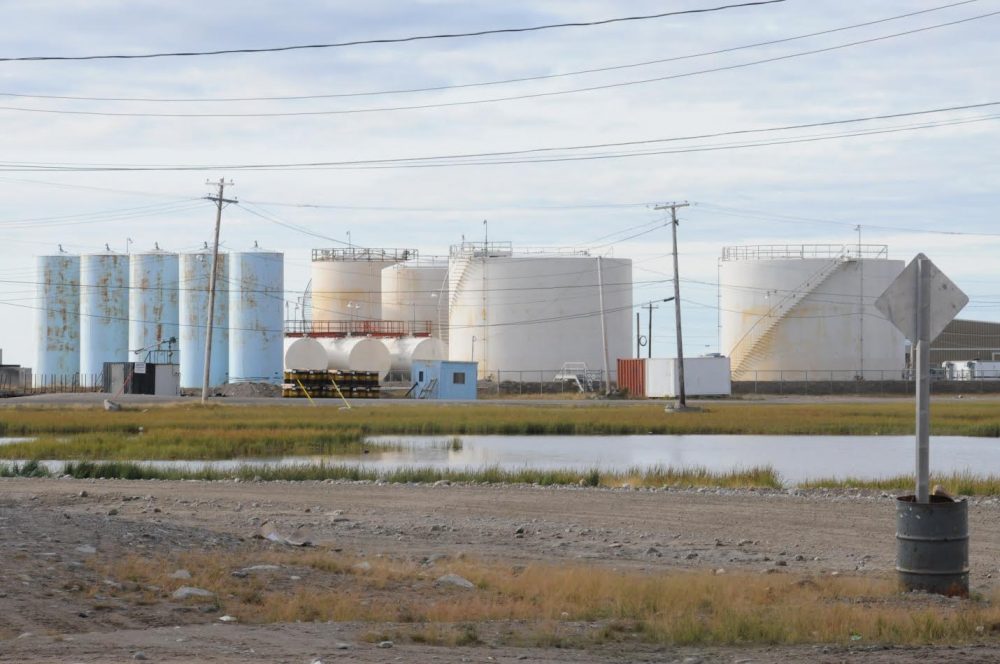
Ottawa will spend $400 million for an Arctic Energy Fund, to help remote communities reduce their reliance on diesel, Bagnell said. The fund is scheduled to begin in 2018/19, with an investment of $40 million a year.
“Diesel not only creates greenhouse gases but it creates particulates in the air, it creates noise pollution as well,” Bagnell said. “So the big effort to get northern and Aboriginal communities off diesel is pretty exciting in the budget too.”
Bagnell also disagreed with critics who say that the new budget doesn’t contain enough of targeted infrastructure spending for the north, especially for things like building ports and transport infrastructure to connect remote northern communities with the rest of Canada and the world.
More money for infrastructure
“The new government has announced huge amounts for infrastructure, double in some areas of what there ever was before,” Bagnell said. “If the government in the North and people of the North choose to use that money for ports, then the money is there.”
The federal government is working collaboratively with territorial and local governments to make sure the infrastructure projects are chosen by northerners themselves, Bagnell said.
“If they choose a road to the Arctic, or a road down to the Mackenzie Valley or a road to the mines in northern Nunavut as opposed to ports, then that’s their choice is what to do with this huge amount of infrastructure money that’s available,” Bagnell said.
The government has also announced an additional $2-billion-dollar fund specifically for northern communities, he said.
“So if you can’t get the project that you want through all those other infrastructure funds, including the infrastructure bank that was announced, then you can go through this $2-billion fund for the North and rural communities,” Bagnell said. “I think our problem will be not the lack of funds, but it will be prioritizing which projects should go; the northern people should decide which projects they want to put their workers to work on out of these infrastructure and energy funds.”
Arctic defence spending
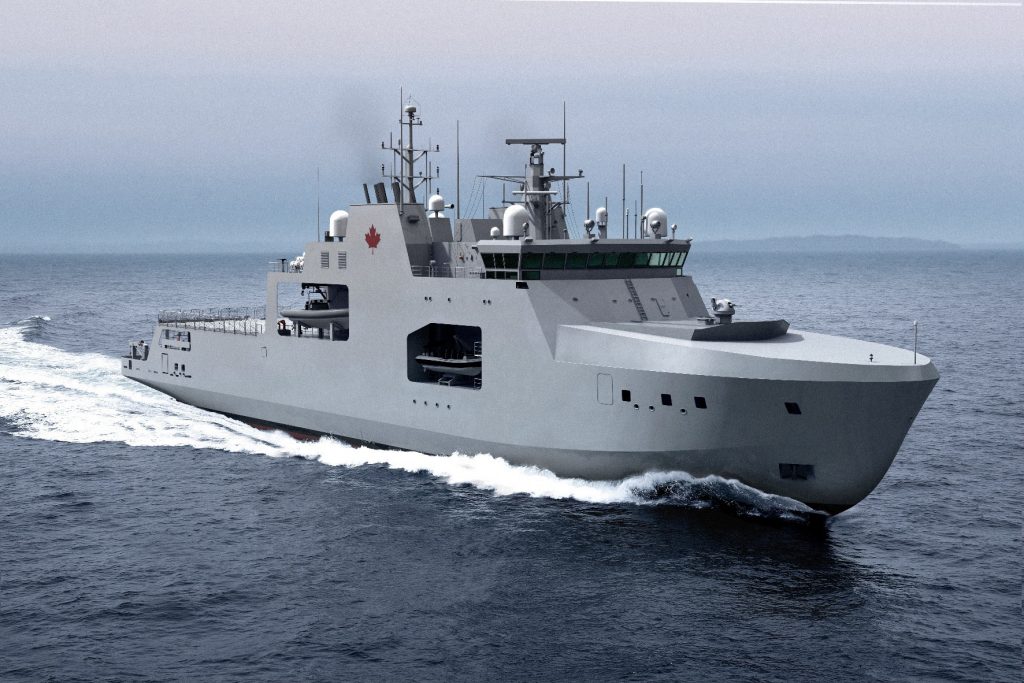
Bagnell also dismissed criticism by some defence experts that the budget reallocation of $8.48 billion to after 2035 – money that was set aside to buy capital equipment and build infrastructure over the next twenty years – amounted to a huge cut in Canada’s defence spending that was going to affect the military’s ability to operate in the Arctic.
“A lot of the military stuff was just moved around in different years to when contracts come due,” Bagnell said. “But the part that is related to the Arctic – the whole new fleet of search an d rescue planes is one of the key things that is important for the Arctic and the other is the Arctic patrol ships – so the two projects that are related to the Arctic in the military are doing just fine and are on their way.”
Related stories from around the North:
Canada: Canada’s new budget thin on Arctic policy substance: expert, Radio Canada International
Denmark: Obama and Nordic leaders pledge Arctic cooperation, Alaska Dispatch News
Finland: Finland talks Arctic with Trump, YLE News
Greenland: Greenland, Alaska elections bolster Arctic resource extraction, Blog by Mia Bennett
Sweden: Sweden’s climate minister worried about Trump’s stance on global warming, Radio Sweden
Switzerland: Arctic climate (anti-)Trump card in Davos, Blog by Irene Quaile, Deutsche Welle
United States: Trump budget cuts deeply into Alaska’s federal funding, Alaska Dispatch News

